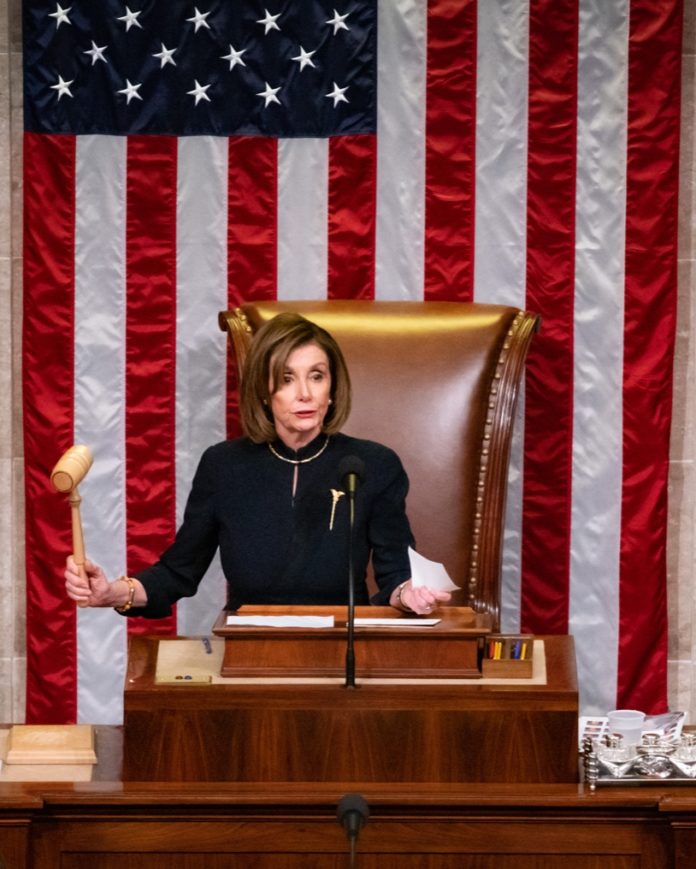Subsidizing stopgap insurance may enrich providers, but it’s not a solution for this crisis. I know because I’m on it.
Earlier this week, I received a letter whose return address immediately alarmed me. It was from COBRA, the simultaneously awkwardly and aptly named institution through which I currently get my health insurance. (It’s an acronym derived from “Consolidated Omnibus Budget Reconciliation Act” that reminds one of a dangerous snake.) The last time COBRA had written to me it was to tell me my premiums were going up on March 1, from $934.31 to $1038.68 per month. That letter notified me, in the midst of an unprecedented pandemic where some 40 percent of the workforce faced the possibility of near-term unemployment, that my last premium payment had fallen “insignificantly short” — by 68 cents. “Failure to pay the insignificant amount by the due date will result in the termination of your COBRA coverage,” the letter warned.
My COBRA coverage is more expensive than my rent. I don’t have my premium payment on auto-pay because I’m always afraid it’ll overdraw my account. But I’d better pony up that 68 cents if I want to keep my health insurance.
That same day that the federal government was spending postage to bill me 68 cents, House Democrats announced a new bill, the Worker Health Coverage Protection Act, to help workers who will lose their employer-sponsored health insurance as a result of being laid off or furloughed due to the pandemic. COBRA typically allows those who lose employer-sponsored insurance along with their jobs to stay on their employer-provided plan for 18 to 36 months, but they have to pay the full price of the insurance; the employer covers none of it. Under the “solution” that House Democrats have put forward for the pandemic, the government would assume the costs that laid-off workers would normally have to pay, and would extend this benefit for six months following the official end of the public health emergency. That’s a lot of money. It’s estimated that employers in America spend $15,000 per household per year on health insurance coverage. COBRA is managed by an outside administrator, which collects payments and acts as an intermediary between the relevant insurance company and the consumer…
To read the entire article from The New Republic, click https://newrepublic.com/article/157331/democrats-terrible-health-care-solution-newly-unemployed


